I hope to revise this post as there are areas I'd like to clarify and others I wish to strike altogether. In particular any references alluding to asserting dominance over the horse or proving our strength/hiding our weakness.
What is ego, and where does it belong in the act of riding, training and otherwise interacting with horses?
Ego
.noun
- Self-aggrandizement: an act undertaken to increase your own power and influence or to draw attention to your own importance.
- An inflated feeling of pride in your superiority to others.
The ego has no useful place in equitation. As I think of ego, what comes to mind is the image of fear that takes over, attempting control through physical force, intimidation or inflicting pain.
When we work with horses, it is immediately apparent that they are many more times larger, heavier and stronger than we are. Unless you are working with miniatures… So with this in mind, how can we attempt to intimidate physically, an animal who is so much grander than we are? Secondarily, to intimidate them physically, and still wish their cooperation of mind, seems a large contradiction.
Let's first look at the differences between human and horse.
- Predator vs Prey Animal : Horses are prey animals, and like it or no, humans are predatory animals. We move, behave and are built to track, hunt and kill our food. This is evident in just two physical characteristics we have located on our face.. eyes with round pupils and eyes that are located on the front of our face vs on the side. Horses on the other hand are typical prey animals, they run when frightened, their eyes have oblong pupils and are located on the sides of their head. It is through this predator / prey relationship that is naturally based which we have the ability to intimidate horses – through fear, not respect.
- We have the ability to force the horse to participate in a relationship with us, one way or another. We can go out, rope the horse, confine them in a small space, basically instill a sort of slavery upon the horse. The horse does not have the ability, instict nor desire to do that to humans. Whether they like it or no, they have to participate in the relationship to some extent because they cannot just leave if they don't like us.
Thinking about just these two differences, it is easy to see how we as humans can get inflated egos about working with, or controlling our horses. They naturally fear us, giving us a boost to how much we can affect their mental, emotional and physical state. On top of it, we have no natural motivation to create a relationship in which the horse *wants* to stay with us no matter what.. why? Because if they want to leave all we need do is put them in a stall, tie them to a hitching post or put up a bit more electric fencing.
Defining Ego
How does Ego come into play in working with horses, how do you know if you are using ego in your relationship or how to recognize it and avoid it? Ego is basically any methods that depend on physical strength, loss of balance, intimidation or surprise. Let's go through this list and define a little deeper.
Physical Strength
- Any method that relies on strength – either direct or through leverage methods. Often the use of gadgets will fall into this category as well, because they are often employed when the rider lacks a certain amount of physical strength or position (which reduces their ability to apply force).
Loss of Balance
- Any method that is based upon the principle of control through the horse's loss of balance. Some “emergency stop” techniques rely on this principle and can prove ineffective at times, while also being dangerous in the right situation. Making the horse lose his balance does not inspire confidence or trust in you as a rider, but the opposite. It creates a level of distrust and discomfort, not knowing when he may lose his footing and fall.
Intimidation
- Any interaction between horse and human, which is inspired by our predator / prey relationship. When you act in any way that could be construed by the horse as a predatory attack, you are acting out of ego. Whether our physical size is smaller in comparison or not, the horse believes us to be a real threat. This can include running at the horse, physical punishment or abuse.
Surprise
- Surprise covers two topics separate from each other. The first is through sudden actions made to inspire some sort of reaction in the horse other than desensitization. These can include noises, movements, etc. The second is based upon passive aggressive tactics. Attempting to get control or the upper hand with the horse through acting passively and suddenly changing to aggressive. This is a classic predatory action, horses do not behave passive aggressively with one another naturally. They may over time however learn to behave this way in response to their experience with human interactions – often these are horses labeled as being dangerous, aggressive, un-trainable, etc.
How the Ego Appears to the Horse
How our interactions come across to the horse can vary considerably. Some horses will go through the motions with us, others will be intimidated and work for us out of fear – producing erratic but somewhat reliable results. And still others will become “difficult”, “stubborn”, “stupid”, etc in response to ego based training. They shut down emotionally and mentally to our attempts, which only makes us become more aggressive with our actions instead of less, and further destroy any connection with the horse. On the tail end are the horses that become dangerous and aggressive, using their own fear to intimidate and control us.
If every time you work with your horse, you prove how weak or strong you are, it won't take long for the horse to test these boundaries; becoming heavier, more resistant, etc. Horses have an amazing amount of patience, and they have all the time in the world to wait for our one weak moment.
An Alternative to Ego
In contrast to ego based training, is training using natural boundaries. This doesn't necessarily refer to “Natural Horsemanship”, because even techniques in that category could be construed as ego based. What I mean by natural boundaries, is that the training is based upon principles that to the horse are unchangeable. For example, a horse will not run into a tree on purpose, because he knows it is solid and unmoving. It is through this that you learn to adopt ways of working with the horse that mimic these natural boundaries. It is therefore through positioning the horse, and creating actions that do not pull or give (unmoving), and that are patient (the tree will never fail to stand still), that the horse comes to respect you as a natural boundary that it has to mold to because the horse is movable.
When you then compare ego actions to those of natural boundary, you can see where one supports fighting and resistance, and the other forces nothing but supports communication and willingness.
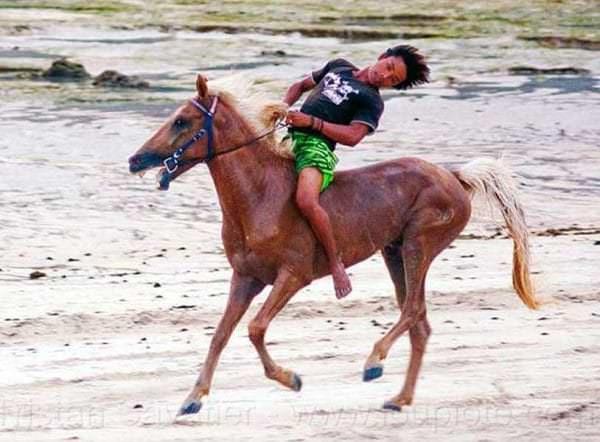
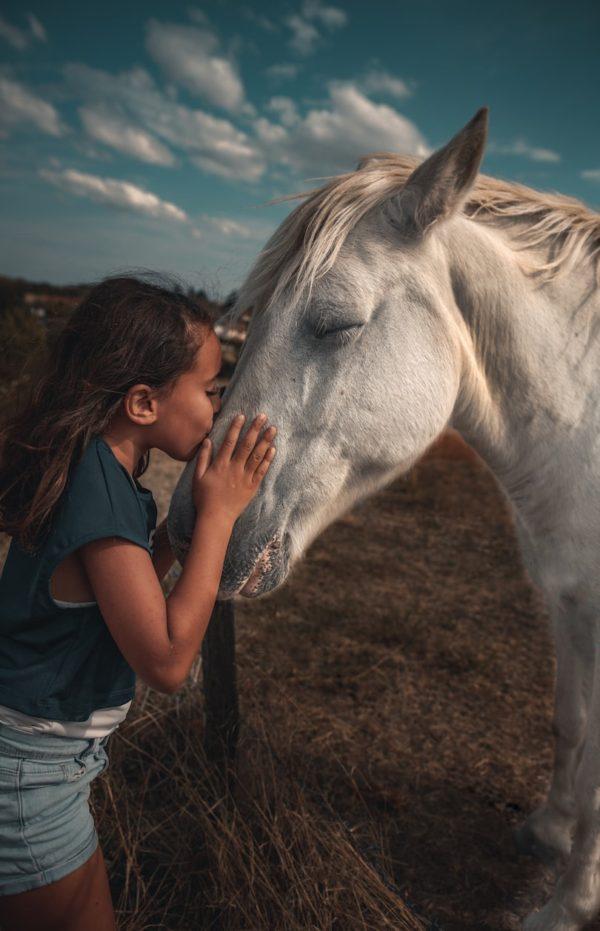
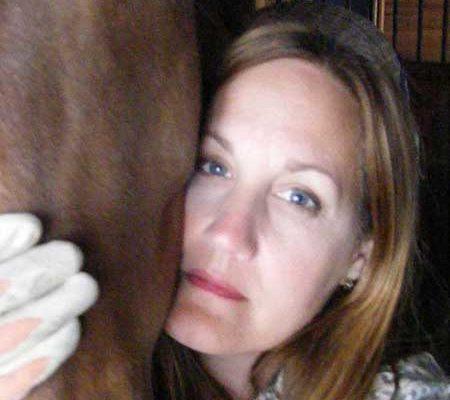
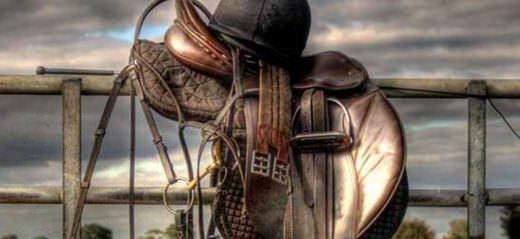
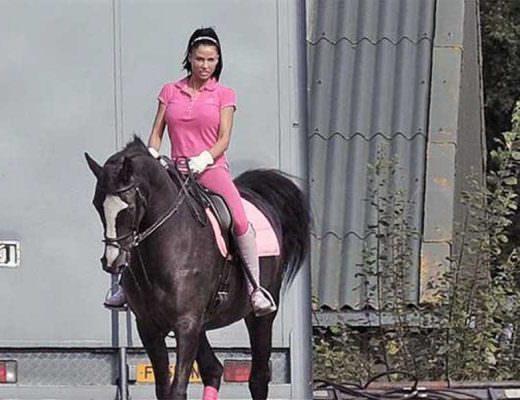
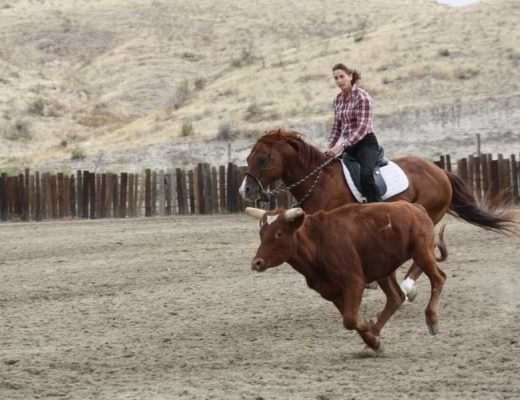
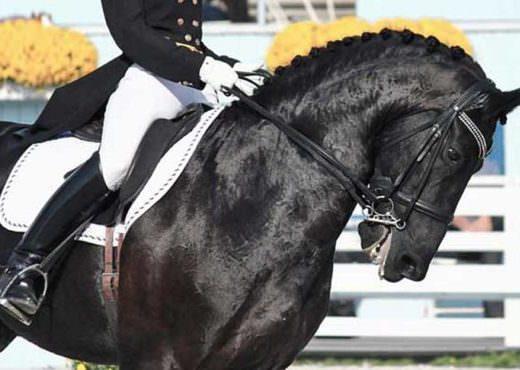
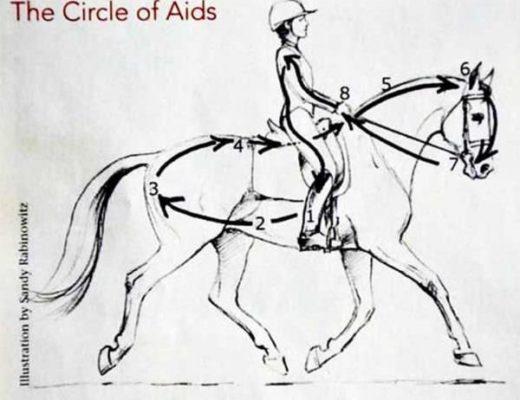
Ego means a person’s sense of self-esteem or self-importance.Ego kills every relationship. When we find the reality behind our false perception it’s then that we discover our EGO. And Ego then makes our blame game strong. It is very difficult to accept the point of views of other and make a compromise on them. If you don’t do so, it kills the relationships. Self-respect is very important for all, if you give importance to others, properly attend them and show affection, they notice it and such things matter a lot for others. This attitude strangers your relationship.